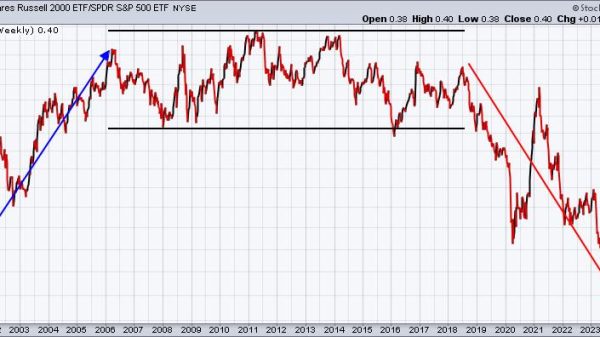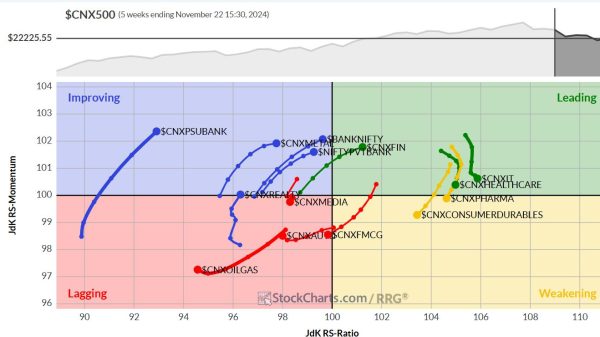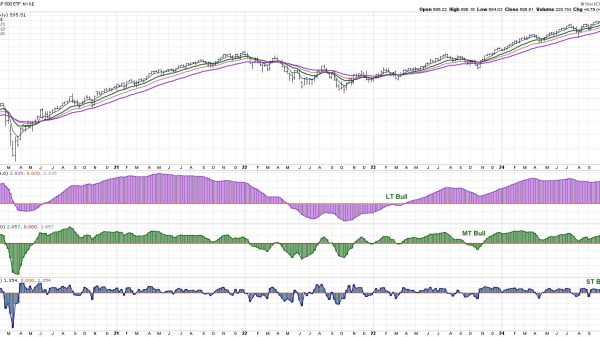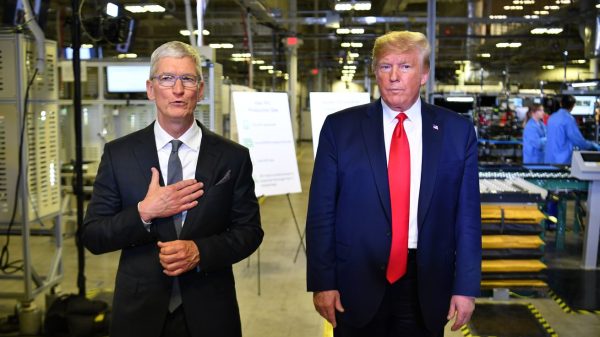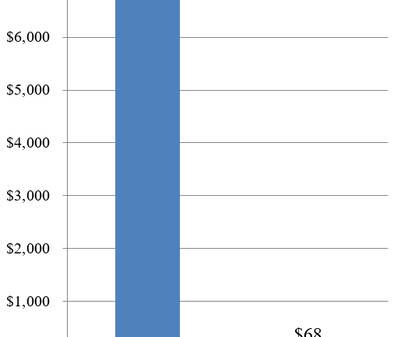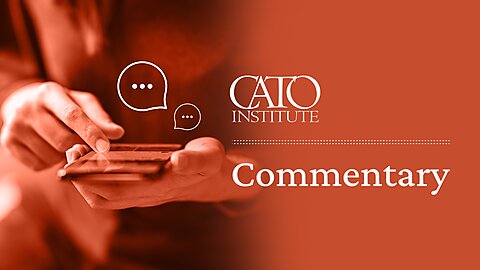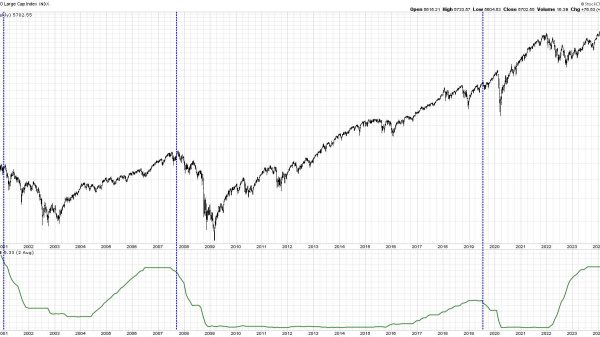Christian Schneider

As the presidential candidates roll towards Election Day, each is making a last-ditch effort to shore up support among their most favorable groups. For Vice President Kamala Harris, this means throwing a bone to the US labor movement, which has been in decline for decades.
On X (formerly Twitter), Harris recently announced her support for the Protecting the Right to Organize (PRO) Act, writing that when she is president she will sign it “to make it easier to join a union and negotiate for better pay and working conditions.”
The PRO Act has been kicking around Congress for a few years and would abolish “right to work” laws in 27 states that have adopted them. This means non-union workers would have to pay union dues even if the state has said they are not mandatory. Further, the bill would expand the reach of the National Labor Relations Board (NLRB), giving it further powers to regulate the workplace to benefit unions.
But the bill would also make drastic changes to the way freelancers and independent contractors in America work, in many cases eliminating their jobs. The bill would force employers to treat large classifications of independent workers as employees, costing those businesses more money to keep those freelancers employed. The employer, then, will likely hire fewer independent contractors, potentially costing millions of Americans their jobs.
Freelance workers are more prevalent than most people realize. According to one recent study, there are more than 72 million freelancers and independent contractors in America. That ranges from writers to childcare workers to Uber drivers to artists, with myriad job classifications in between. Upwork, a platform for freelancers to find work, predicted that freelancers would become the majority of the US workforce by 2027.
That is bad news for unions, as it means more people will be taking jobs that are unsalaried and likely don’t require health and retirement benefits. And it would mean more people were demonstrating they don’t need to be in a union to do a job they find rewarding without having to pay union dues.
Over at The Dispatch, Cato’s Scott Lincicome rattled through the list of why freelance work is worth protecting. For one, freelancers and independent contractors actually prefer independent work over being classified as full employees. In one 2019 survey, 70 percent of independent workers cited flexibility as the reason they prefer freelancing.
That makes perfect sense if one considers that oftentimes freelance work is a side hustle, allowing workers to supplement their income outside of their primary job. Writing a column and getting paid on a per-piece basis (as yours truly does) or driving a car for a rideshare company can be done on one’s own schedule, a flexibility not typically afforded for traditional full employees.
The PRO Act did pass the House of Representatives in 2021 but stalled out in the Senate. Undeterred, the Biden administration attempted to achieve many of the bill’s goals via a Department of Labor rule redefining what an “independent contractor” is. These changes follow passage in 2019 of Assembly Bill 5 in California, which has made it more difficult for independent contractors to find and keep work. (For instance, after passage of the bill, the New York Times reported that Vox Media had fired 200 freelancers, citing the law’s requirement that independent employees were not allowed to write more than 35 “submissions” for the site per year.)
Following stories like the saga at Vox, California began exempting more professions from the law. There are now 110 occupations exempt from the law, meaning your ability to make a living could be directly tied to your ability to lobby the state government for a favor.
If the goal of AB 5 was to increase traditional employment, it failed spectacularly. According to a study issued by George Mason University’s Mercatus Center, traditional employment in California following passage of the law dropped 1.7 percent while self-employment dropped 10.5 percent during the same period. Overall, employment dropped 4.4 percent, meaning the bill didn’t come close to offering the benefits its supporters claimed it would. (Notably, the study’s authors do not claim AB 5 caused these job losses, only that they occurred after the bill was passed—a warning for those wanting similar provisions at the federal level.)
Naturally, the decline in jobs was most acute in areas where independent work was more prevalent before passage of the law. These professions saw a drop in independent work of 28 percent and a drop of up to 14 percent overall.
So while Kamala Harris might think the PRO Act means more people gaining salary and benefits, it will likely mean the exact opposite—making it more expensive to hire outside help will mean businesses will stop doing it, which could cost tens of millions of people their jobs. For many Americans, there won’t be more salary and benefits, there will be none.

